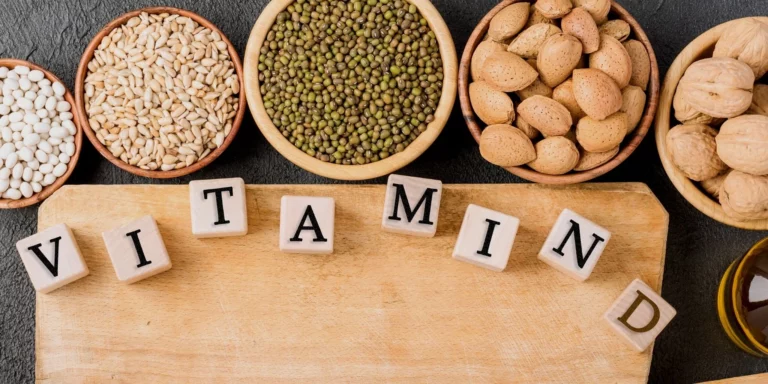Looking for vegan Vitamin D sources? Vitamin D, often called the “sunshine vitamin,” is crucial for various bodily functions, including bone health, immune system support, and mood regulation. Traditionally, people associate vitamin D with sunlight exposure or animal-based products like fish, eggs, and dairy. However, ensuring sufficient vitamin D intake can be challenging for vegans and those who avoid animal-derived foods. Fortunately, several plant-based foods and herbs are rich in vitamin D, making it possible for vegans to meet their daily needs. Discover the top vegan sources of Vitamin D like fortified juices, tofu, and mushrooms to support your health and wellness.
In this article, we will explore vegan-friendly sources of vitamin D, highlighting the importance of this nutrient, its health benefits, and how to incorporate these foods into your diet. We’ll also answer common questions about vitamin D and share tips for maintaining a healthy lifestyle with adequate vitamin D intake. Learn how to get your daily Vitamin D from vegan sources like fortified cereals, chia seeds, and mushrooms.
Understanding Vitamin D
Vitamin D is a fat-soluble vitamin essential for maintaining calcium and phosphate levels in the body, which are necessary for healthy bone and immune function. The body can produce vitamin D when exposed to sunlight, specifically ultraviolet B (UVB) rays. However, obtaining vitamin D from dietary sources is necessary for people who live in areas with limited sunlight or those who spend most of their time indoors.
There are two primary forms of vitamin D:
- Vitamin D2 (ergocalciferol) is derived from plant sources and fungi.
- Vitamin D3 (cholecalciferol): This form is typically derived from animal sources, such as sheep wool lanolin. However, a vegan-friendly version of D3, derived from lichen, is available.
For vegans, it’s important to focus on plant-based sources of vitamin D2 and fortified foods, as sunlight exposure alone may not produce enough vitamin D.
Benefits of Vitamin D
Vitamin D offers numerous health benefits, some of which include:
- Bone Health: Vitamin D helps the body absorb calcium and phosphorus, which are essential for building and maintaining strong bones. Deficiency in vitamin D can lead to bone disorders like rickets in children and osteomalacia in adults.
- Immune System Support: Vitamin D is key in boosting immune function. Adequate levels help the body fight infections, reduce inflammation, and may even reduce the risk of chronic diseases such as diabetes and cardiovascular conditions.
- Mood Regulation: Low vitamin D levels have been associated with depression and anxiety. Ensuring sufficient intake may help improve mood and promote mental well-being.
- Heart Health: Studies suggest that vitamin D may reduce the risk of heart disease by helping regulate blood pressure, reducing inflammation, and improving arterial health.
- Muscle Function: Vitamin D also contributes to muscle strength and function, particularly as we age, helping to reduce the risk of falls and fractures.
Vegan Foods Rich in Vitamin D:
Mushrooms (Especially Shiitake and Maitake)

Mushrooms are one of the few natural plant-based sources of vitamin D, particularly when exposed to UV light during growth. Shiitake and maitake mushrooms, in particular, contain a high amount of vitamin D2. You can enjoy them cooked in soups, salads, or stir-fries. It’s important to note that mushrooms grown under UV light contain more vitamin D than those grown in the dark.
Fortified Plant-Based Milk (Almond, Soy, Oat)
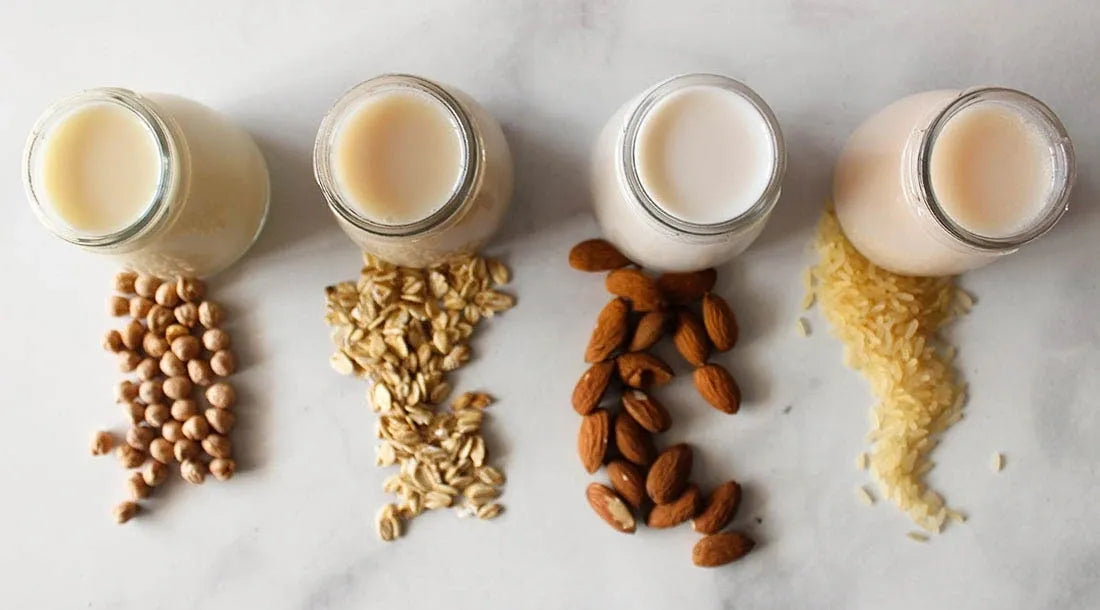
Many plant-based milk alternatives, such as soy, almond, oat, and coconut milk, are fortified with vitamin D. Choose unsweetened, fortified versions to boost your vitamin D intake. These milk are a great addition to smoothies and cereals, and c or can even bed they can even be enjoyed alone as a refreshing drink.
Fortified Orange Juice

Certain brands of orange juice are fortified with vitamin D, making it an excellent choice for those who avoid dairy. Pairing it with a breakfast of whole grains or fruit can boost your energy while ensuring you meet your daily vitamin D requirements.
Tofu and Tempeh

Tofu and tempeh are rich in plant-based protein and can be fortified with vitamin D. Tofu can be enjoyed in various dishes, from stir-fries to smoothies. In contrast, tempeh is a fermented soy product that can be grilled, sautéed, or used in sandwiches.
Fortified Cereal
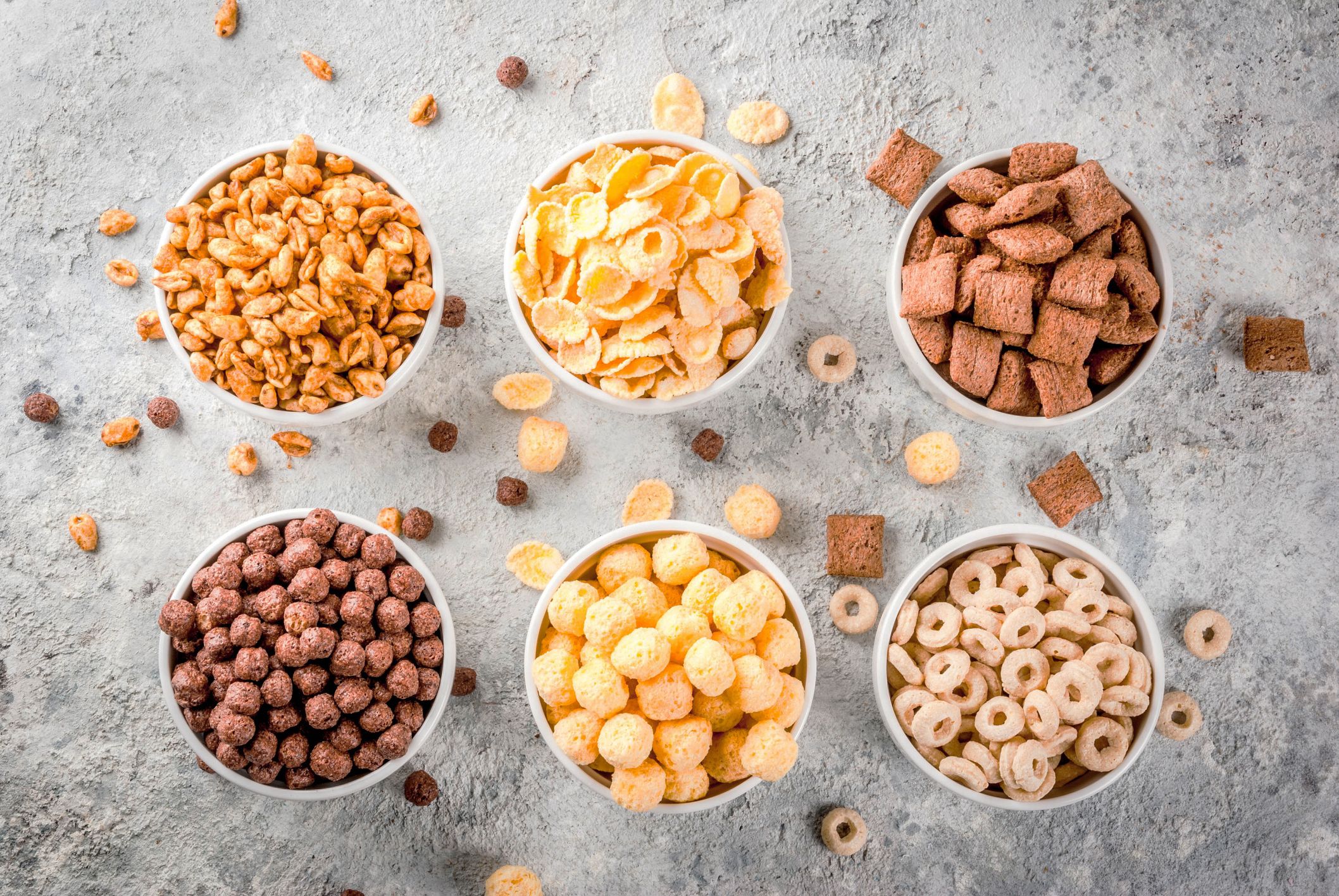
Some breakfast cereals, especially whole grain options, are fortified with vitamin D. Check the label to ensure that the cereal you choose is enriched with this essential nutrient. Pairing it with fortified plant-based milk will boost your intake.
Chia Seeds
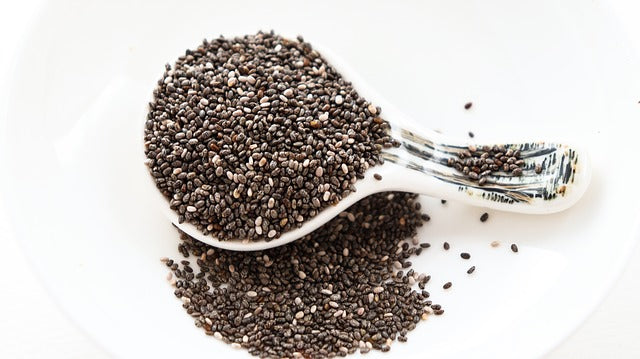
Chia seeds are known for their high omega-3 fatty acid content and fiber, but they also contain small amounts of vitamin D. They are a versatile food that can be added to smoothies, salads, or yogurt alternatives.
Hemp Seeds

Like chia seeds, hemp seeds are packed with essential fatty acids, protein, and a small amount of vitamin D. Sprinkle them on salads, smoothies, or baked goods for a nutrient-packed boost.
Algae-Based Supplements
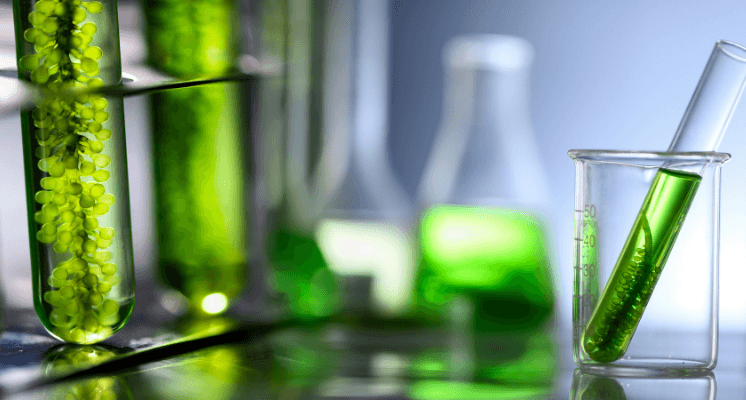
Algae, particularly the variety known as Chlorella or Spirulina, is a rich source of vitamin D3 (the vegan form). Supplements made from algae are an excellent option for those looking to boost their vitamin D intake without relying solely on sunlight.
Seaweed (Nori, Dulse, Wakame)

Seaweed, particularly nori, dulse, and wakame, are rich in minerals and trace elements, and they can also provide small amounts of vitamin D. While vitamin D levels in seaweed vary, incorporating these nutrient-dense foods into your diet can be beneficial.
Sun Exposure

Although not a food, sunlight exposure is a natural way for your body to produce vitamin D. Spending time outdoors in direct sunlight, especially between 10 a.m. and 3 p.m., can help your body synthesize vitamin D. However, this depends on your geographical location; skin type, and lifestyle. Supplementation may be necessary during winter or for those living in areas with limited sunlight.
Herbs Rich in Vitamin D:
While herbs are not generally high in vitamin D, a few herbs contain trace amounts, which can contribute to overall intake:
Parsley
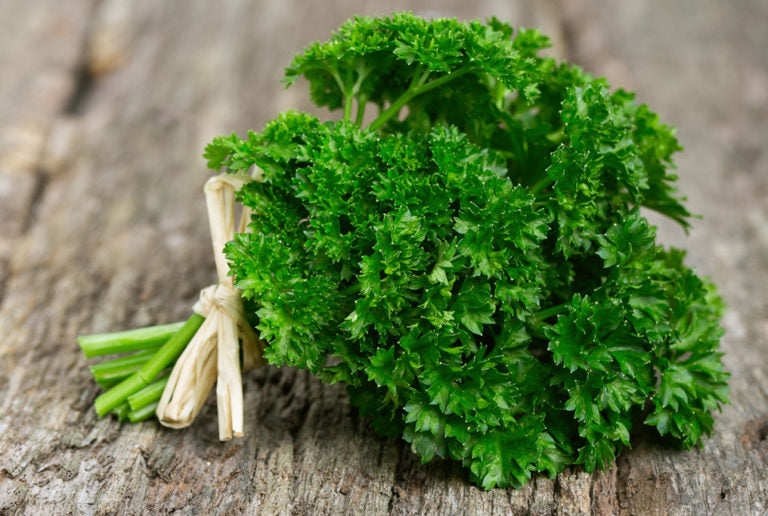
Parsley is a popular herb that contains a small amount of vitamin D. It also has other health benefits, like promoting digestion and reducing inflammation. You can add fresh parsley to salads, soups, or smoothies.
Oregano
:max_bytes(150000):strip_icc()/Health-GettyImages-539217827-93152180f4204a7991c27af27fce6aa4.jpg)
Oregano is another herb with trace amounts of vitamin D. It’s commonly used in Italian, Mediterranean, and Middle Eastern cuisines. Fresh or dried, oregano adds flavor and a nutrient boost to various dishes.
Basil
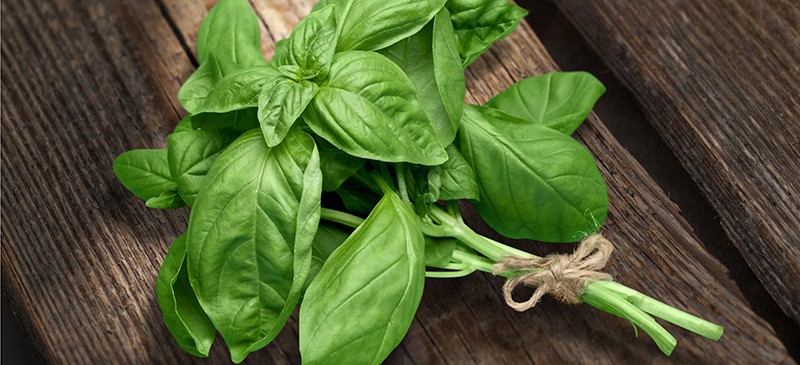
Basil, another culinary herb, contains small amounts of vitamin D. This herb is flavorful, supports digestive health, and has antioxidant properties.
Lifestyle Changes to Boost Vitamin D Intake:
- Spend Time Outdoors: Regular exposure to sunlight is one of the best ways to boost vitamin D levels. Try to spend at least 20 minutes outdoors in direct sunlight each day, especially if you live in a region with limited sunlight during the winter months.
- Choose Fortified Foods: Look for plant-based milk, cereals, and juices fortified with vitamin D. These can help you meet your daily requirements without worrying about vitamin D-rich foods.
- Consider Supplements: If you’re concerned about vitamin D deficiency, consider taking a vegan-friendly supplement. Vitamin D2 and algae-based D3 supplements are widely available for those on plant-based diets.
- Eat Vitamin D-Rich Foods Regularly: Incorporate foods like mushrooms, fortified plant-based milk, tofu, chia seeds, and hemp seeds into your daily meals. Consistency is key to ensuring sufficient intake.
Conclusion
Vitamin D is essential in maintaining overall health, from supporting bone strength to boosting the immune system. While it’s often challenging for vegans to get enough vitamin D from their diet alone, there are several plant-based foods and herbs that can help fill the gap. Vegans can maintain healthy vitamin D levels by incorporating fortified foods and plant-based sources like mushrooms and seeds and spending time outdoors.
Adopting a balanced and mindful diet, paying attention to vitamin D intake, and considering supplementation when necessary can lead to improved health outcomes and a lifestyle that supports long-term well-being.
Bonus Tip: Always consult a healthcare provider or a nutritionist to tailor your vitamin D intake to your specific needs, especially if you’re concerned about deficiency.
FAQs:
Q. Can vegans get enough vitamin D from their diet alone?
A. Some plant-based foods are rich in vitamin D, but most vegans may need to rely on fortified foods or supplements to meet their daily needs. Regular sun exposure and a balanced diet can also help.
Q. What is the recommended daily intake of vitamin D for vegans?
A. The recommended daily intake (RDI) for vitamin D varies depending on age, sex, and individual health factors. Generally, adults should aim for 600–800 IU per day, but higher doses may be needed based on factors like sun exposure and health conditions.
Q. Is vitamin D2 as effective as vitamin D3?
A. While both forms are beneficial, vitamin D3 is more effective at raising vitamin D levels in the blood. However, vegan-friendly vitamin D3 derived from lichen is available, making it suitable for those on a plant-based diet.
Q. What are the symptoms of vitamin D deficiency?
A. Symptoms of deficiency may include bone pain, muscle weakness, fatigue, depression, and an increased risk of fractures. If you suspect a

